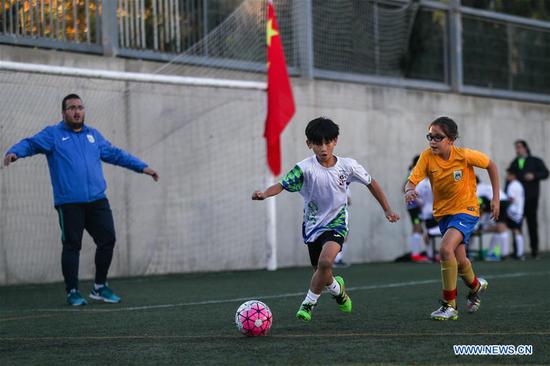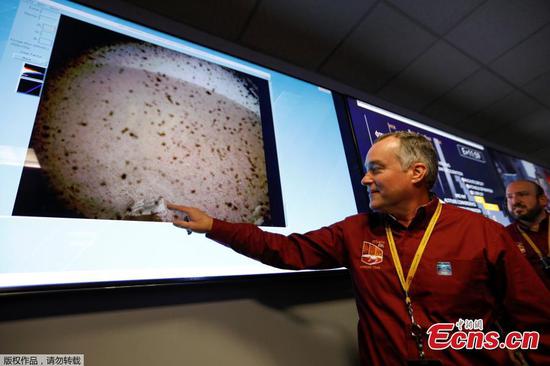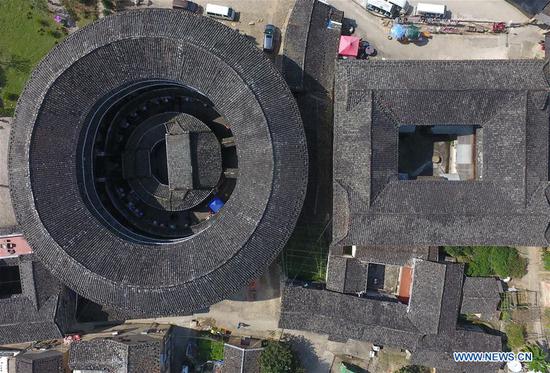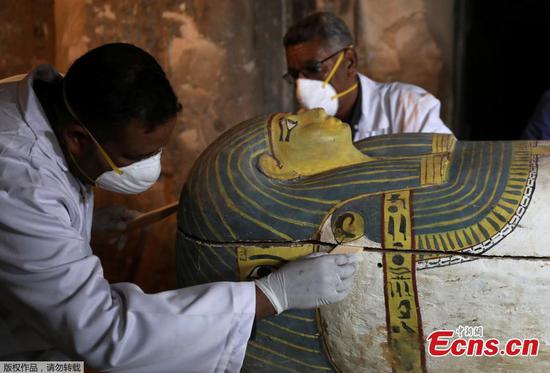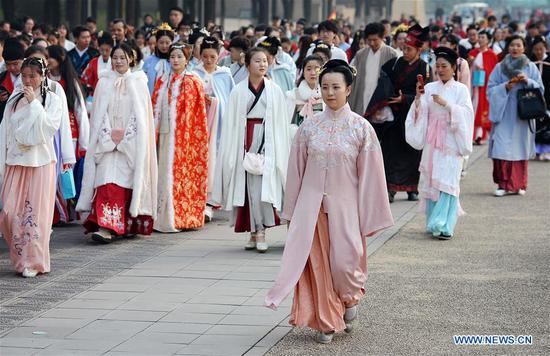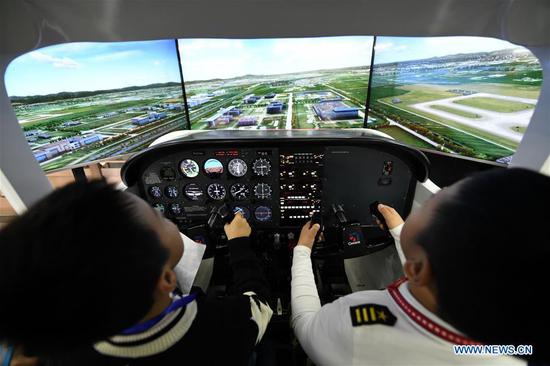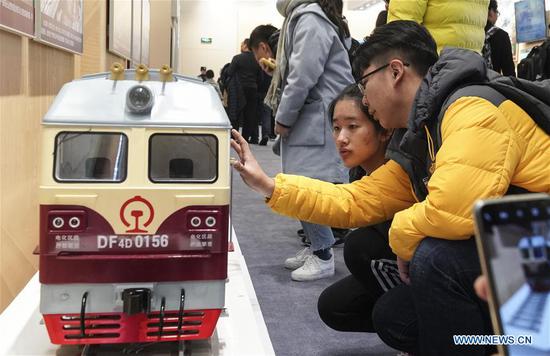Top global experts in human genome editing expressed reservations in Hong Kong about adequate adherence to existing clinical protocols in the controversial human experiment surrounding the birth of gene-edited babies in China.
In a statement issued Monday night, the organizing committee of the Second International Summit on Human Genome Editing, which opened Tuesday, said it remained to be seen whether the clinical protocols in the research had conformed with guidance laid out in existing studies.
According to the statement, the committee was informed on Monday of the birth of twins in China, whose embryonic genomes had been edited. He Jiankui, the researcher at the center of this controversy, is scheduled to speak at the summit on Wednesday. According to the program agenda of the three-day summit from Tuesday to Thursday, "human embryo editing" is the theme of the session He is supposed to join.
A total of 14 experts signed the statement. From different countries such as the United States, China, Japan, the UK, France, South Korea, India and Australia, they include the summit's organizing committee chair David Baltimore, professor of biology at the California Institute of Technology and a member of the US National Academy of Sciences, and Alta Charo, professor of law and bioethics at the University of Wisconsin, Madison in the US and member of the US National Academy of Medicine.
They said the criteria to allow heritable gene-editing clinical trials have been an ongoing issue of debate and discussion by many research groups. They cited two relevant studies that were useful references. Both studies came up with a detailed list of criteria and circumstances in which heritable genome editing research should be permitted.
As for He's research, whether it had conformed with the guidance of these studies remains to be determined, the statement said.
The experts said they hoped the dialogue at the Second International Summit on Human Genome Editing will enhance the world's understanding of the issues surrounding human genome editing. And the summit's goal is to help ensure that human genome editing research be pursued responsibly, for the benefit of all society.
We are seeking to bring attention to the rapid advances in human genome editing technology, and the possibility that these tools will be used in clinical settings in the future, said Baltimore, the summit's organizing committee chair, at the opening ceremony on Tuesday.
The first international summit was held in 2015 in Washington. Since then, an explosion of new research and other powerful, precise editing tools, and clinical trials are imminent for applications to treat serious diseases. But questions remain in terms of the science, application, ethics and governance of human genome editing. And of particular concern is the possibility of genome editing that might lead to heritable alterations, and its application for purposes other than to treat diseases or disabilities, the summit organizers said.















